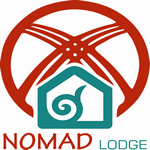Kyrgyz traditions and customs
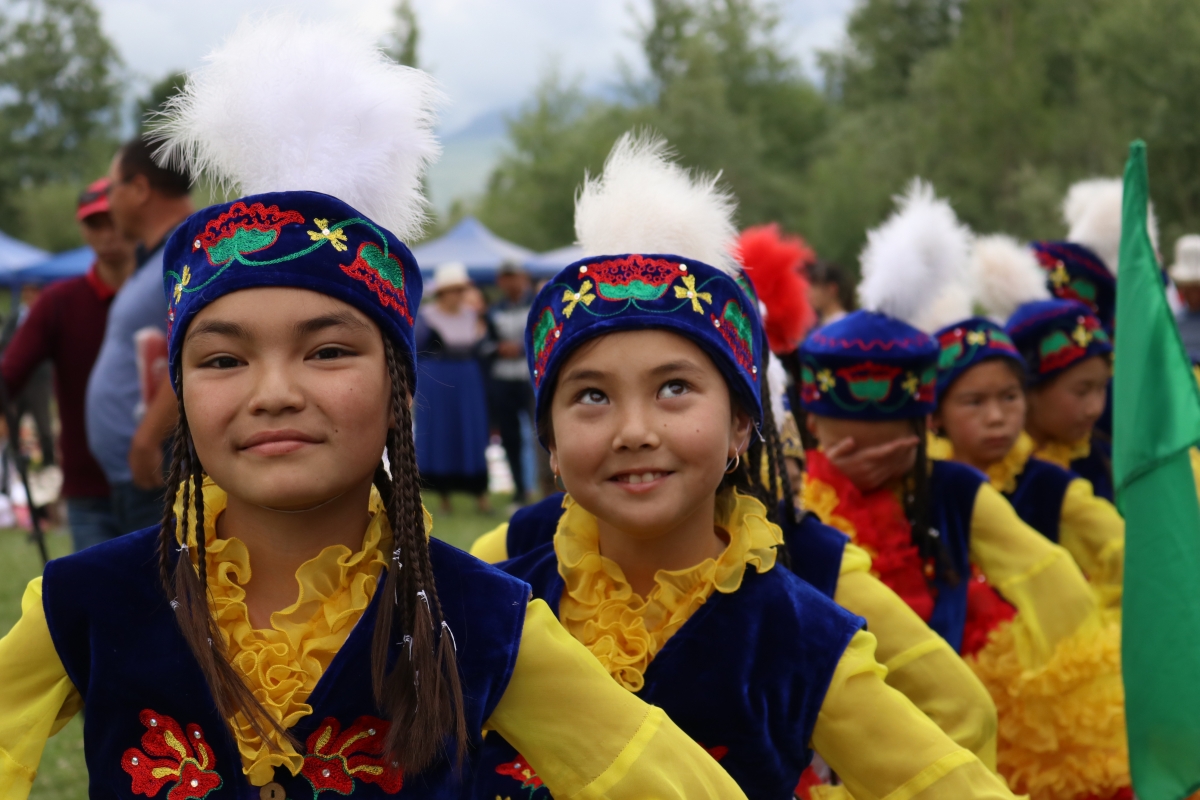
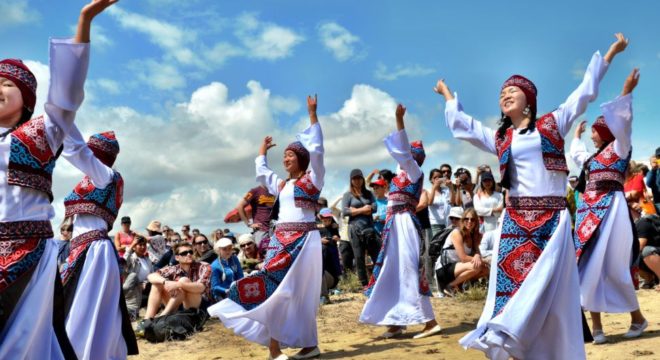
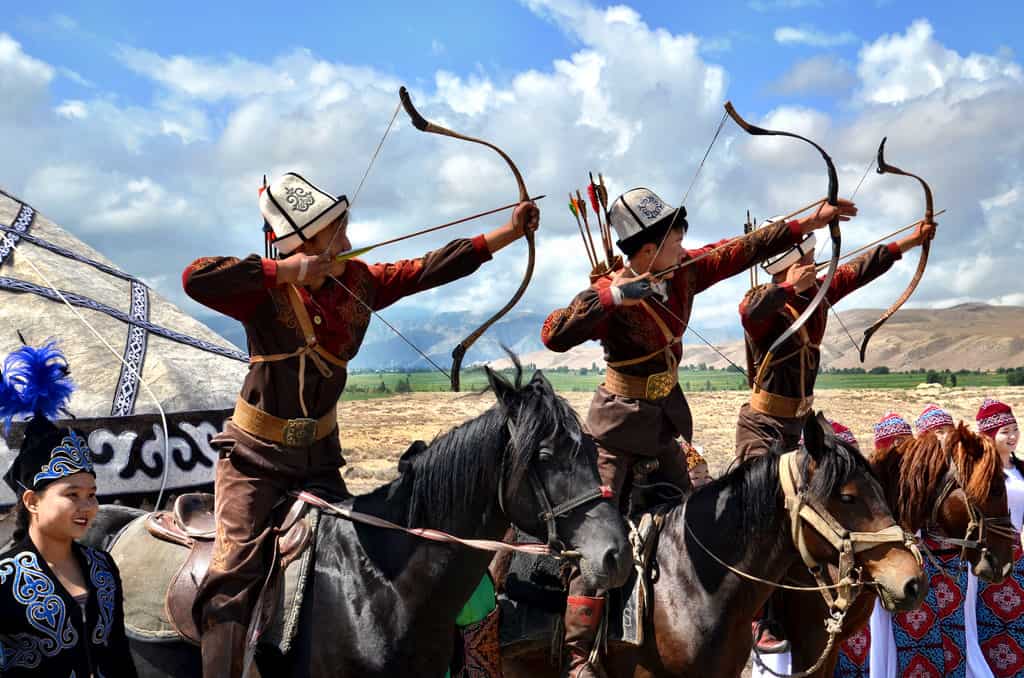
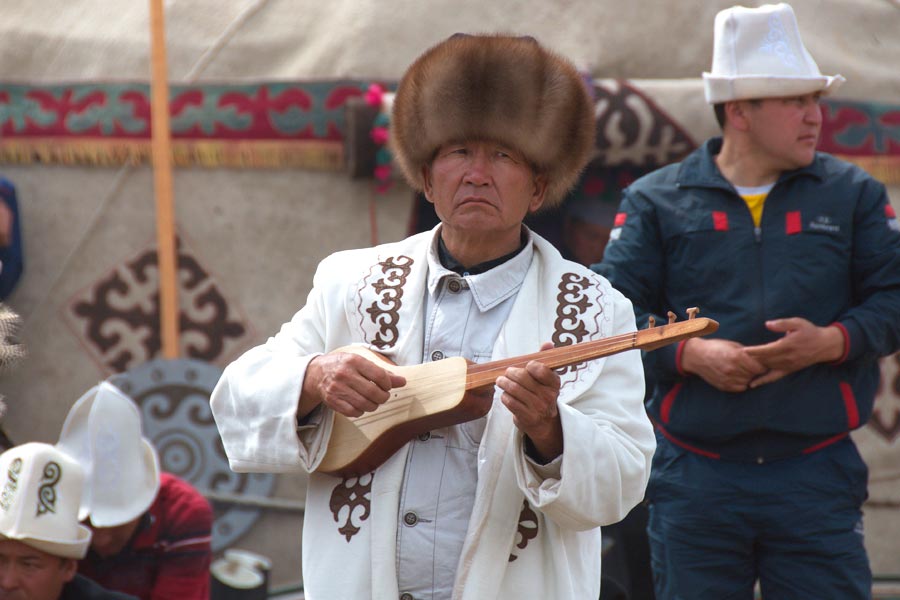
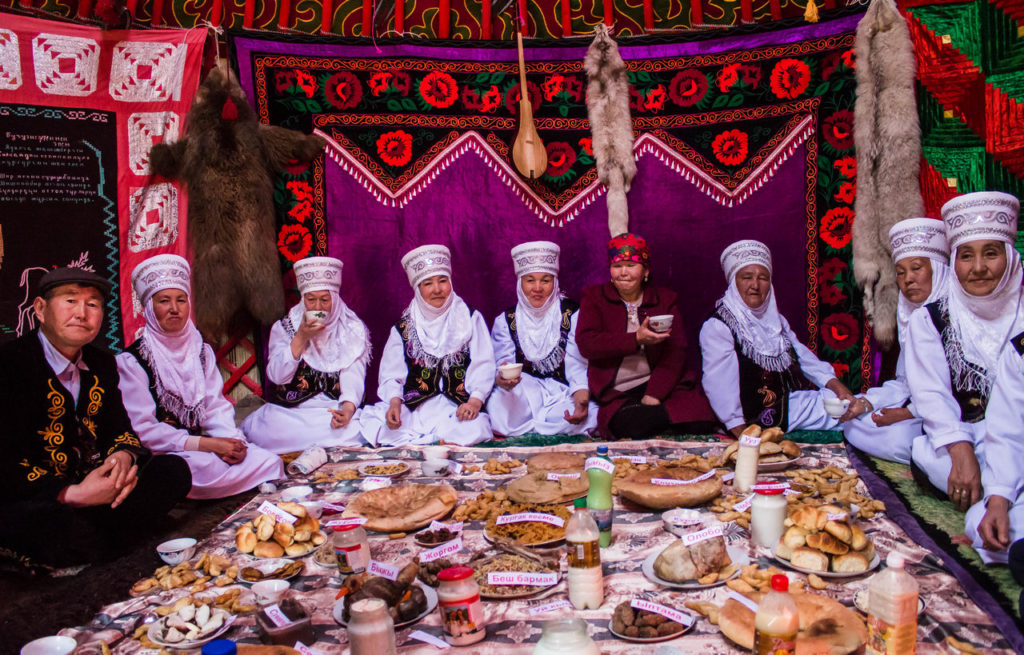
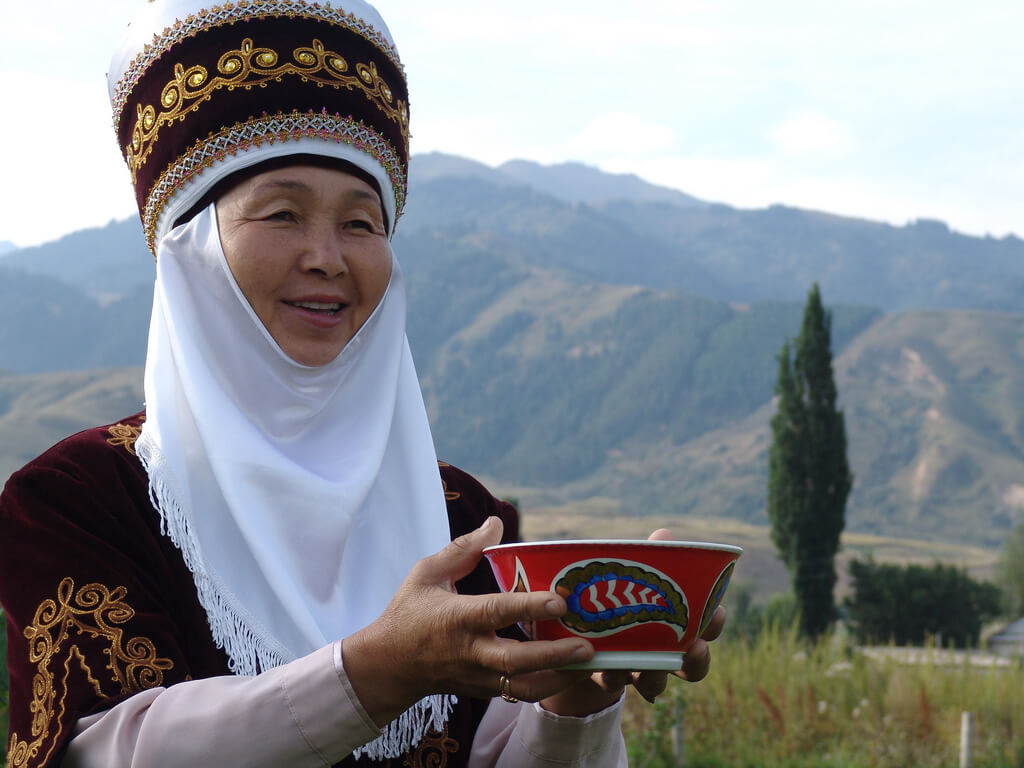






The nomadic way of life has largely determined the national traditions, customs and ceremonies of the Kyrgyz people. Family traditions occupy a significant place, having formed over the centuries; reflect the wisdom accumulated by many generations. Everything was concentrated around the family: marriage, the birth of a child and death. Over time, traditions have adapted and, preserving a part of the past, have become part of the present.
The birth of a child is considered to be a particularly joyful and happy event. Several people on horseback spread the news of the child’s birth to all relatives and friends and receive “suyunchu”- gifts from them. Close friends and relatives glorify the child’s parents.
When a baby was born side by side with such customs as “jentek toi” (fiesta in honor of the newborn), “carcass kesuu” (cutting paths on the anniversary of the child, when he starts walking), “tushoo kesuu” (cutting of the cords around the baby’s feet during his first anniversary, when he begins to walk), when parents make a holiday with refreshments, games, competitions there were customs connected with belief in the supernatural, such as giving a name to a babyv (azan chakyruu), putting the baby into the cradle (beshikke saluu), cutting the baby’s hair (chach aldyruu).
Another good tradition of the Kyrgyz people can be attributed to the adoption of children. As a rule, people adopted children from big families of their relatives and friends and all of them were brought out like their own.
Wedding ceremony is one of the main holiday among family traditions and celebrations. Wedding traditions are wide and broad: payment of “kalym” (ransom in the form of money and cattle for the bride), exchange of numerous clothes between relatives (kiyit), “otke – kigizuu” (the bride’s next invitation to the groom’s relatives), matchmaking “saiko saluu“, a rich dowry (sep), the bride’s farewell “kyz uzatuu“, “koshoki” (mother’s songs of instruction to her daughter about how to behave in her husband’s house, requests to her husband’s parents to treat her well), the wedding “chon toy”, the blessings of the newlyweds “chachala”, sacrifices for the young couple (opke chabuu) and others.
The funeral is also a sequential series of ceremonies and rituals aimed at worthy perpetuation of the memory of the deceased. When seeing off the last journey of the deceased relatives and close people, the Kyrgyz must strictly observe a number of well-established customs. They report the death of a close relative in the house, for this they put up a flag over the yurt; mourne the deceased for a year, invite weeping women to the funeral. Furthermore, a lavish memorial service is organized because relatives believe that this would please the spirit of the deceased person. Funeral rites are one of the shades of multifaceted Kyrgyz culture: “kabar aituu” (warning of death), “kara kiuu” (widow in mourning), “soek juu” (body wash), ”seoktu uzatuu” (see-off) and “soektu koyuu” (burial) and a funeral repast. The Kyrgyz commemorate the deceased by observing all the customs of worship for the memory of the deceased. The commemoration is organized on the third day of the “uchlugu”, the seventh day of the “zhetiligi”, the fortieth “kyrky” and the anniversary of the “ash”, after which the mourning ends.
The custom of hospitality. Any guest is honored, especially old people. The owner meets the guest at the doorstep and offers to go into the house. Regardless of the status and wealth of the family, the guest will always be offered to eat and spend the night if necessary. The Kyrgyz have a kind proverb – “Konoktuu Uyde kut bar” – “Guest in the house, grace to the house”.
The Kyrgyz have a tradition of respect for elders since ancient times. In the family, grandparents’ house was called “chon-ui” (the big house), expressing the respect for the family founders.
There was a custom of granting – “tartuu” and “belek”, thanks to a system of relationships between a certain circle of people. The gift can be different like cattle, items of horse decoration – “eer tokum”, hunting birds, whip – “kamchy”, jewelry, musical instruments and others. According to the custom, a person who received a gift should reciprocate, but be sure to give a weightier thing.
A special place in the traditional culture of the Kyrgyz people is occupied by the custom of tribal mutual assistance. Throughout their lives and in all circumstances, relatives have necessarily participated and provided moral and material assistance to each other – the “zhardam”. If a family’s need was acute; there was no food, housing or clothing, the whole family and even the people from the village, tried to help.
The traditions and customs of the Kyrgyz are principles that are always honored and continue to be handed down from one generation to another generation with great respect.
